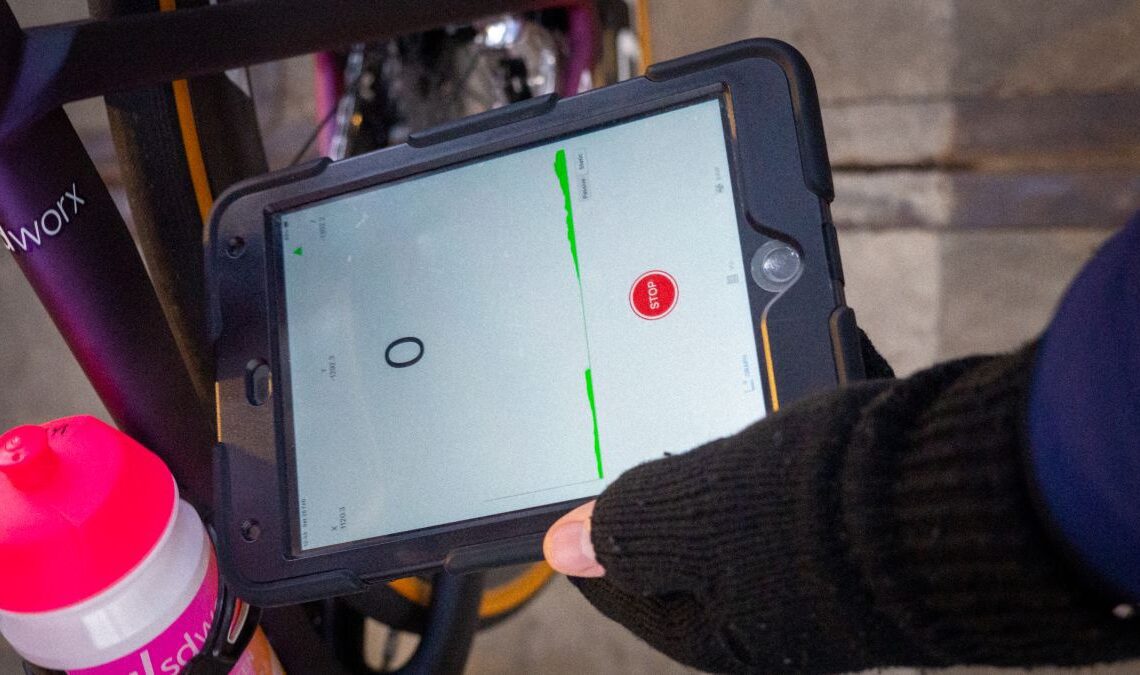The UCI has introduced what it’s calling a ‘Road Equipment Registration Procedure’ ahead of this year’s Tour de France and Tour de France Femmes Avec Zwift, which will see all teams forced to register every piece of ‘critical equipment’ they intend to use.
In a document published (opens in new tab) to the equipment section on the UCI website, plans are outlined that will require teams to register a vast array of equipment prior to a fast-looming deadline, before needing to submit it all for inspection and RFID tagging in the days prior to the respective races.
The 17-page document, a draft of which was originally leaked by Escape Collective (opens in new tab), outlines a procedure that each of the participating teams will need to adhere to in order to be allowed to race. It includes the prior registration of critical equipment — defined by the document as framesets, wheels, handlebars, time-trial base bars, time-trial extensions, clothing, and helmets — via a form on a new online portal.
The aim of the new procedure, according to the document, is to ensure that the existing UCI regulations are properly adhered to, in turn promoting “fair and equitable access to equipment” and ensuring a “level playing field for all competitors.”
The procedure currently applies solely to the two Tours de France, and the document confirms that the newly outlined procedure “will not be enforced for other road events on the 2023 UCI International calendar.”
Whether it will be extended to more races in 2024 or beyond is unconfirmed. Cyclingnews has reached out to the UCI for clarification, and at the time of publication, we have not received a response.
Equipment registration explained
For each piece of critical equipment that a team intends on using at the race, a representative from the team will need to fill out an online form to supply information.
That information will include ‘Equipment Identification’, which covers the brand; model; UCI code where applicable for framesets, forks and wheels; and size where applicable.
Pertinently, the form will also ask for ‘Commercial Availability’, which comprises the product’s distribution channel; dealer contact information; email address; telephone number; retail price; whether the product is currently commercially available; and the date of intended commercialisation and the prototype number for those that are not.
Click Here to Read the Full Original Article at CyclingNews RSS Feed…

